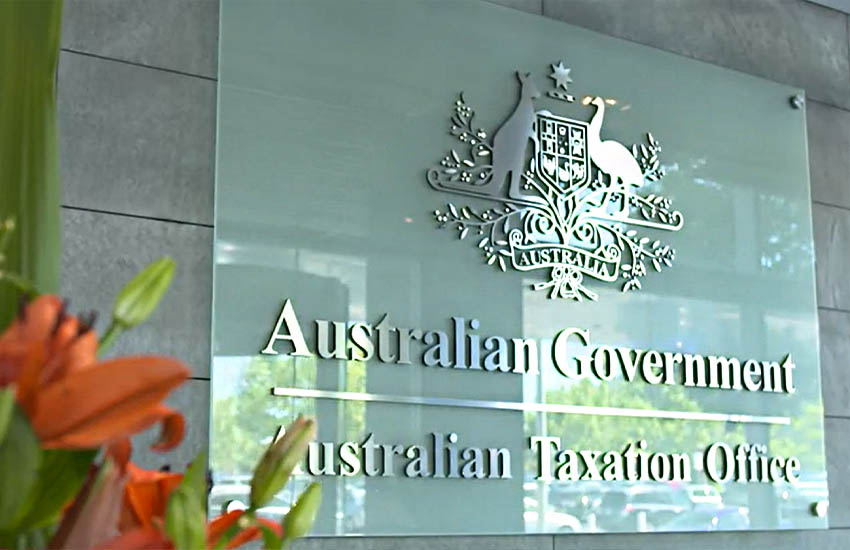The ATO has warned accounting and other professional firms to examine their profit allocation set-ups as the deadline looms for its revised compliance.
Businesses affected, which include law, medical, engineering, architecture, consulting, and financial service practices, will need to understand their risk profile under Practical Compliance Guideline 2021/4, released last December.
You’re out of free articles for this month
It outlines the ATO’s approach to the allocation of profits or income from professional firms in the assessable income of an individual professional practitioner.
The guidance aims to address arrangements that alienate, or inappropriately redirect, the income of a professional practitioner to an associated entity, such as a spouse or family trust, with the effect of reducing the practitioner’s tax liability.
“Professional firm owners and operators need to review their profit allocation arrangement against two ‘gateways’ in PCG 2021/4,” the ATO said.
“If their arrangement passes both gateways, PCG 2021/4 will help them to self-assess their level of risk by using a risk assessment framework, understand the level of engagement they can expect from us, and decide whether to seek professional advice or contact us.”
It said a two-year transitional period, until 1 July 2024, applied to arrangements considered moderate or high risk under PCG 2021/4, but were low risk under the suspended guidelines.
Pitcher Partners executive director Ashley Davidson previously warned a wide range of structures and arrangements that have been set up for retention of talent or other legitimate commercial reasons might be considered risky under the clarified guidelines.
“If you are a white-collar worker, the owner of a professional business or associated with one, and you derive income from a business that is not counted as personal services income, you may find you fall under the general scope of the guideline,” he said.
Mr Davidson said the first step for professionals was to understand the risk profile of current arrangements and assess whether the ATO would consider it to be a commercially driven arrangement. It should also be examined for any features the ATO might consider to be high risk.
These two tests, known as gateways, must be passed before a professional can apply the PCG to their situation.
“The new PCG doesn’t apply to existing arrangements until 1 July 2024, but after that date, you will need to pass both gateways before you can apply the new guidelines to your personal arrangements,” Mr Davidson explained.
“If a professional’s circumstances fail to pass either of these gateways, the ATO suggests it might view the arrangement as an attempt to redirect income away from the individual.”
Philip King
AUTHOR
Philip King is editor of Accountants Daily and SMSF Adviser, the leading sources of news, insight, and educational content for professionals in the accounting and SMSF sectors.
Philip joined the titles in March 2022 and brings extensive experience from a variety of roles at The Australian national broadsheet daily, most recently as motoring editor. His background also takes in spells on diverse consumer and trade magazines.
You can email Philip on: This email address is being protected from spambots. You need JavaScript enabled to view it.

 Login
Login







